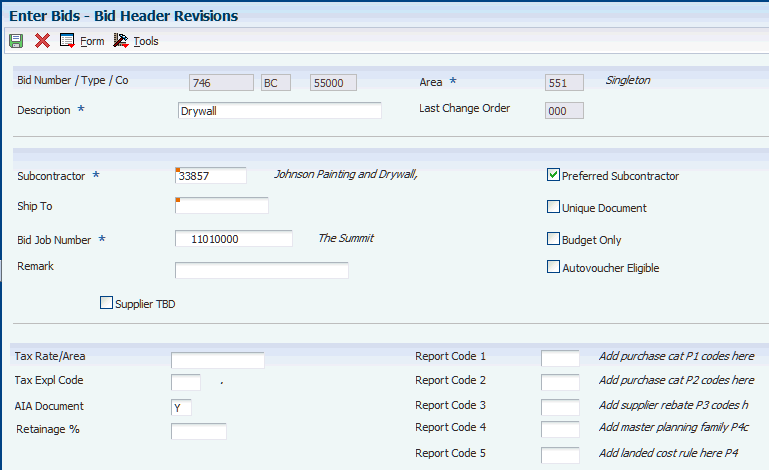Jupiter and Saturn are the 'social planets,' orbiting between the personal planets (Sun, Moon, Mercury, Venus, Mars) and the transpersonal (Uranus, Neptune, Pluto). While the personal planets symbolize our inner world, Jupiter and Saturn represent society-the outer world.

Years ago I took a Level One astrology test sponsored by a local astrology group; this is the closest I've come to being officially certified as an astrologer. What I most remember about the test is not that I passed it, but that I got one question wrong (much to the horror of my perfectionist Virgo Ascendant). For the planetary equivalent of 'teacher,' I wrote 'Jupiter.' A bright red pen had crossed this out and written 'Saturn' instead.
I was dumbfounded. I remembered my grammar school teachers. They were Jupiter's angels. Inspiring, enthusiastic, they offered plenty of freedom to develop my gifts. Saturn types?
I imagined a Saturn teacher: humorless and dull, or worse, some grim-faced, ruler-snapping autocrat, assigning dreary numbers to compute and tedious facts to memorize. Saturn does bring lessons. And teachers are authorities (a Saturn word).
But 'teacher' and 'Saturn' just weren't emotional equivalents for me. Here was another elementary astrology rule I had apparently missed. Nor was it the only time I'd find these two planets fully capable of dancing in each other's shoes. On the surface, no pair of planets appears more opposite.
Jupiter is expansive, billowing with opportunities, increase, generosity, good luck, and good fortune. Saturn solidifies and contracts. It brings obstacles, sorrows and delays; also structure, responsibility, effort, and achievement.  Adobe gamma loader what is.
Adobe gamma loader what is.
Traditional astrology calls one the 'Greater Benefic' and the other the 'Greater Malefic.' But these grand old titles have shredded somewhat in the winds of contemporary culture. We no longer count on consistent bounty from Jupiter, nor grief from Saturn. Today the planets' luck or misfortune seems to rely more on what we make of them.
And if we go too far in either direction, we'll find that one planet inevitably takes us to the other. Push our luck with confident Jupiter and its careless arrogance will drop us on Saturn's doorstep of loss and despair. When we drive down Saturn's long and lonely road, working and striving, taking nothing for granted, we'll eventually find Jupiter's good luck rising to meet us. Rather than being rulers of two distant and very different kingdoms, each is a necessary wheel on our little pushcart of success. An optimistic Jupiter can loosen the grip of an inadequate or fearful Saturn, just as a responsible Saturn can realize the here-today-gone-tomorrow enthusiasms of a restless Jupiter.
Jupiter dangles the carrot while Saturn wields the stick. Jupiter points us to the future and Saturn grounds us with the past. The philosopher in Jupiter ponders life's meanings, the monk contemplates god's truths, the explorer braves new territories, while the builder, executive and statesman in Saturn ensure that we have universities, churches and roads for our journeys.
Jupiter is the eternal child, Saturn the wise elder. Together this fool and fuddy duddy bring the antagonistic and complementary pulls of expansion and contraction, faith and skepticism, luck and diligence, adventure and practicality-or as Caroline Casey calls them, 'Haagen-Dazs' and 'brown rice.' Jupiter and Saturn are the 'social planets,' orbiting between the personal planets (Sun, Moon, Mercury, Venus, Mars) and the transpersonal (Uranus, Neptune, Pluto). While the personal planets symbolize our inner world, Jupiter and Saturn represent society-the outer world. Their conjunction every twenty years signals a social shift, a new wave of cultural expectations and experiences; this crests at their opposition and dissolves into another new wave at their next conjunction.